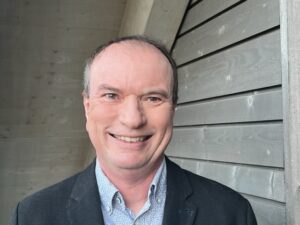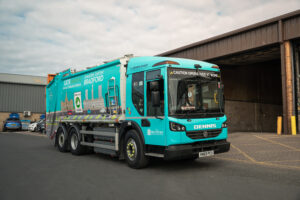The WCRAQ Air Health Working Party meeting highlighted the effects of air quality on children in Bradford and how the findings impact future projects, writes Isabella Stone.
The Air Health Working Party meeting on 9 September, chaired by Professor Sir Stephen Holgate from the University of Southampton, featured guest speaker, Professor Rosie McEachan, Director of the Born in Bradford (BiB) research programme.
The BiB project hosts three birth cohort studies, including more than 36,000 parents and children living in Bradford, exploring why some families stay healthy and why others fall ill to improve health and reduce health inequalities. Its key aims include the provision of evidence on the factors that influence health and wellbeing, to use this evidence to discover solutions to improve population health, to provide a model for translating research into practice, and build research capacity in Bradford.
BiB originated as a birth cohort study in 2006 exploring health and wellbeing. Environmental determinants of health are a key focus of the programme.
Rosie explained how the BiB research has influenced the Bradford Clean Air Plan development, led by Bradford Metropolitan District Council, by providing evidence on relationships between air quality and children’s health and health inequalities.
In 2018, Bradford was identified as a local authority area with illegal levels of NO2 and was directed by the Government to consider implementing a clean air zone to improve air quality. BiB worked with the council to develop the plan, including conducting bespoke research to identify and mitigate possible unintended consequences for deprived communities.
BiB has since been awarded funding by the National Institute for Health Research for the new ‘BiB Breathes’ study that will look at the impact of the clean air zone, which goes live in early 2022, on respiratory health, cardiovascular health and birth outcomes in the city, as well as its value for money.
Barry Sheerman, MP, asked where the project’s initiative and drive originated. Rosie said the productive partnership between BiB and Bradford council has allowed them to provide relevant information that can be acted on. BiB has helped the council base decisions on sound evidence within the city by working in partnership over many years.
The discussion then turned to air monitors and how to introduce them into future projects to notify communities about their air quality exposure and collect vital data to back up the research’s findings.
Originally published in the FVI magazine




